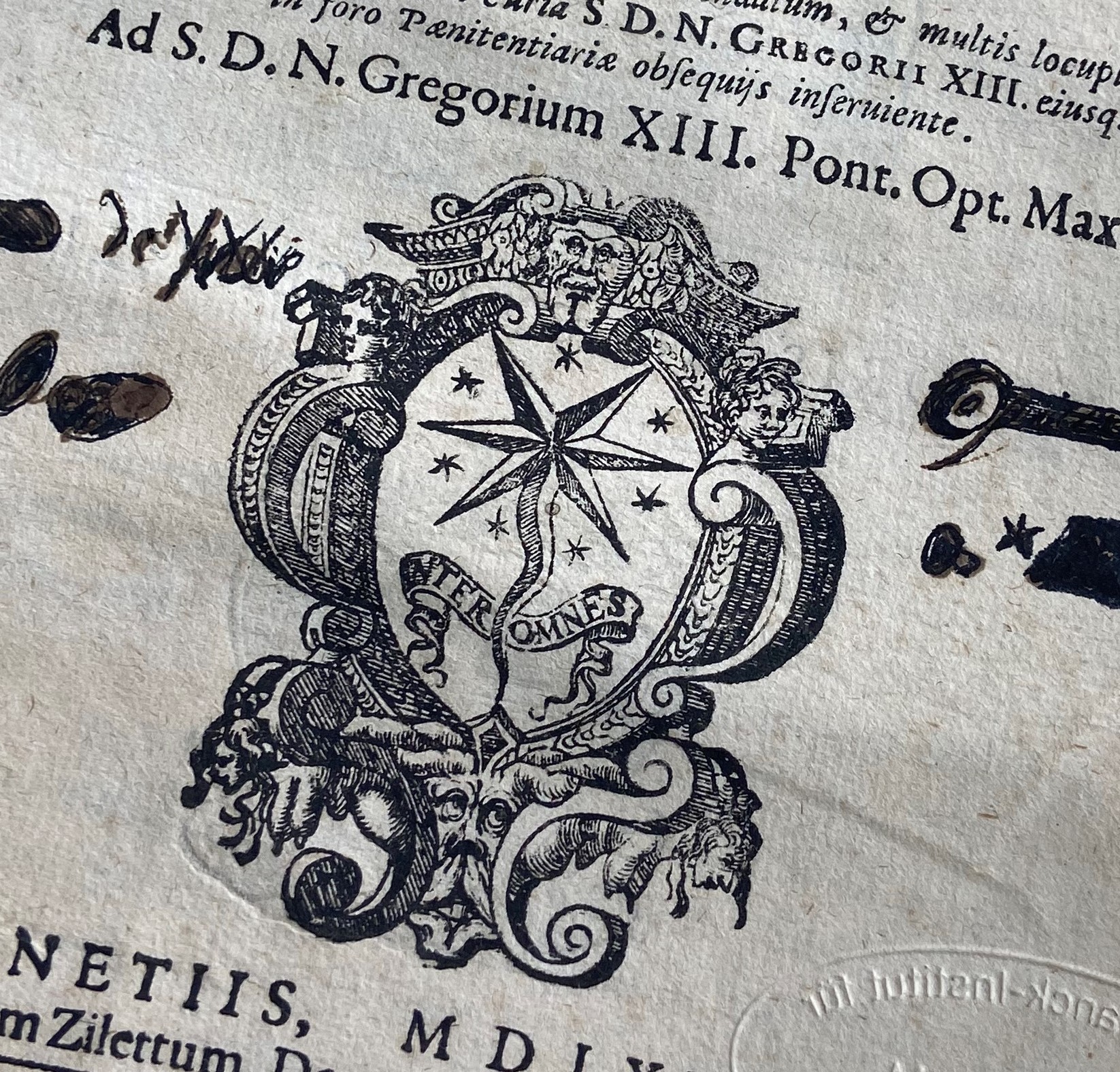
Citations for the uninitiated
Early modern Jesuit colleges were centers of normative knowledge production. Their professors of theology, canon law, and casuistry left extensive notes on the moral challenges met by missionaries all over Asia. However, for the contemporary scholar, understanding these puzzling notes can be challenging. What happens when one comes across a citation that seems … odd? And how about when it takes almost a decade to solve one single citation?



 This work is licensed under a
This work is licensed under a 